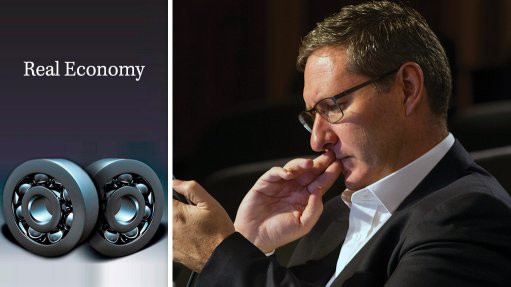
The stomach-churning #GuptaLeaks revelations have demonstrated in dismaying detail just how far President Jacob Zuma and his allies have veered off the path laid so painstakingly by struggle icons such as Nelson Mandela and Oliver Tambo.
Indeed, even if the media reports arising from the leaks can only be partially corroborated when held up to legal scrutiny, they never- theless point to serious dereliction of duty by several Cabinet Ministers and officials at State-owned companies. It is surely not stretching the point to argue that, amid these perpetual self-enrichment distractions, there is little chance that South Africa’s leaders have been fully attentive to the task of addressing the country’s real problems of poverty, unemployment and inequality.
The dots are being connected in ways that even the authors of ‘Betrayal of the Promise: How South Africa is Being Stolen’ – the admirable effort of academics to analyse the phenomenon known as ‘State Capture’ – could only have imagined. The horrifying picture emerging, though, corroborates their principal thesis of “a political project designed to repurpose State institutions to suit a constellation of rent-seeking networks that have been constructed and now span the symbiotic relationship between the Constitutional and shadow State”.
Together with the various other initiatives under way (from the Save South Africa campaign to the Unburdening Panel of the South African Council of Churches), the leaks have served to clarify precisely what the priority must be for turning around this rotten situation: President Zuma must either go, or must be forced to go – the sooner, the better. There is no room left for the Zuma-led faction in the African National Congress (ANC) to self-correct and the point of no return for the ANC as a whole is fast approaching.
However, Zuma’s departure is also arguably only a necessary condition for any honest project designed to ensure that South Africa truly eradicates the shadow-State threat. Unfortunately, it will not be sufficient on its own to prevent the future “silent coups” involving new, or repurposed, rent-seeking networks.
For this reason, it is arguably vital for high-profile prosecutions to follow on from any judicial commission of inquiry into State capture, along with stiff sentences for those found culpable. That is also why it is so important for the remedial action proposed by former Public Protector Thuli Madonsela in her ‘State of Capture’ report to be implemented and for the commission to be headed by a judge selected by Chief Justice Mogoeng Mogoeng. Should Zuma appoint the commission, its credibility and integrity will be in serious doubt from the start.
Now the pragmatists among us will, no doubt, highlight the risks associated with pursuing such an uncompromising strategy. They will argue that it raises the political stakes too high – potentially even to a point where the war of attrition currently under way between the ANC factions becomes yet more protracted.
However, without following through with prosecutions, there is a genuine risk that South Africa simply sheds one poisonous coil only to find that a new, as venomous, creature emerges to take its place.